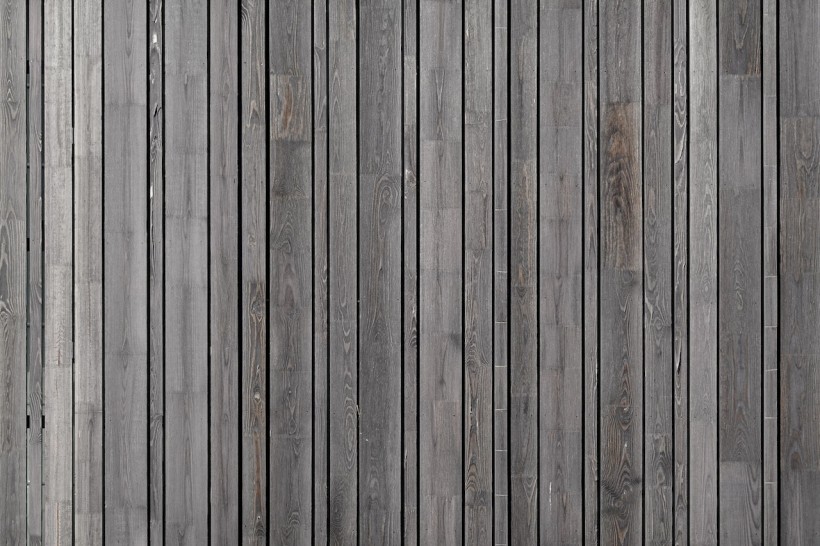
PVC (Polyvinyl Chloride) flooring has become a popular choice for homeowners and businesses alike due to its durability, versatility, and cost-effectiveness. In this article, we will delve into the fascinating history of PVC flooring, tracing its journey from its early days to its modern innovations. Join us on a historical exploration of a flooring solution that has truly stood the test of time.
The Birth of PVC
A Polymer Discovery
The story of PVC flooring (Dutch: pvc vloer) begins with the discovery of polyvinyl chloride in the 19th century. French chemist Henri Victor Regnault first synthesized PVC in 1835, though it wasn't until the 20th century that its full potential was realized.
Early Uses of PVC
PVC in World War II
During World War II, PVC saw significant use in various military applications. Its durability and resistance to moisture made it ideal for insulating electrical cables, a crucial component in wartime communication.
PVC Pipes
Post-World War II, PVC gained popularity in the construction industry as it was used for manufacturing pipes. Its non-corrosive properties made it a superior alternative to traditional metal pipes.
PVC Flooring Emerges
The 1950s Revolution
In the 1950s, PVC flooring made its debut as a resilient flooring option. Its easy maintenance and affordability quickly made it a favorite choice for both residential and commercial spaces.
The Vinyl Revolution
The 1960s saw the vinyl revolution, with PVC flooring taking center stage. Advances in printing technology allowed for a wide variety of patterns and designs, making PVC flooring a stylish option.
Innovations in PVC Flooring
Luxury Vinyl Tiles (LVT)
The 21st century brought about a remarkable transformation in PVC flooring with the introduction of Luxury Vinyl Tiles (Dutch: laminaat). LVT not only replicated the look of natural materials like wood and stone but also offered exceptional durability and water resistance.
Sustainability
With growing environmental concerns, PVC flooring manufacturers have focused on sustainability. Recycled PVC materials and eco-friendly production processes have become a hallmark of modern PVC flooring.
Advantages of PVC Flooring
Durability
PVC flooring is renowned for its durability, making it an excellent choice for high-traffic areas.
Easy Maintenance
It requires minimal upkeep, making it a practical option for busy households and businesses.
Versatility
PVC flooring is available in various designs and colors, allowing for creative interior design possibilities.
Conclusion
In conclusion, the history of PVC flooring is a testament to human ingenuity and innovation. PVC flooring has come a long way, from its humble beginnings as a polymer discovery to its modern iterations. Its durability, easy maintenance, and versatility continue to make it a popular choice for flooring solutions.
* This is a contributed article and this content does not necessarily represent the views of sciencetimes.com














